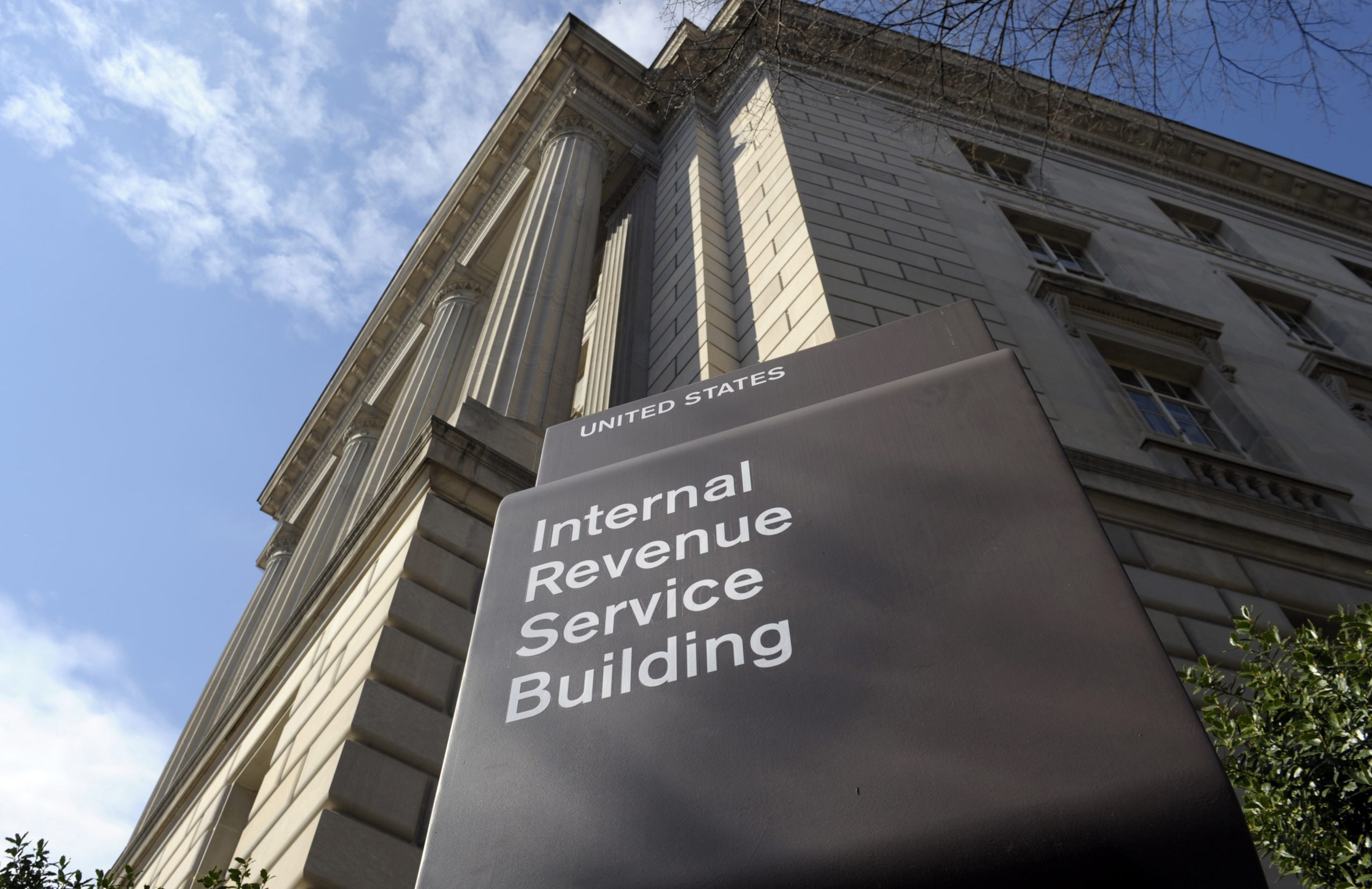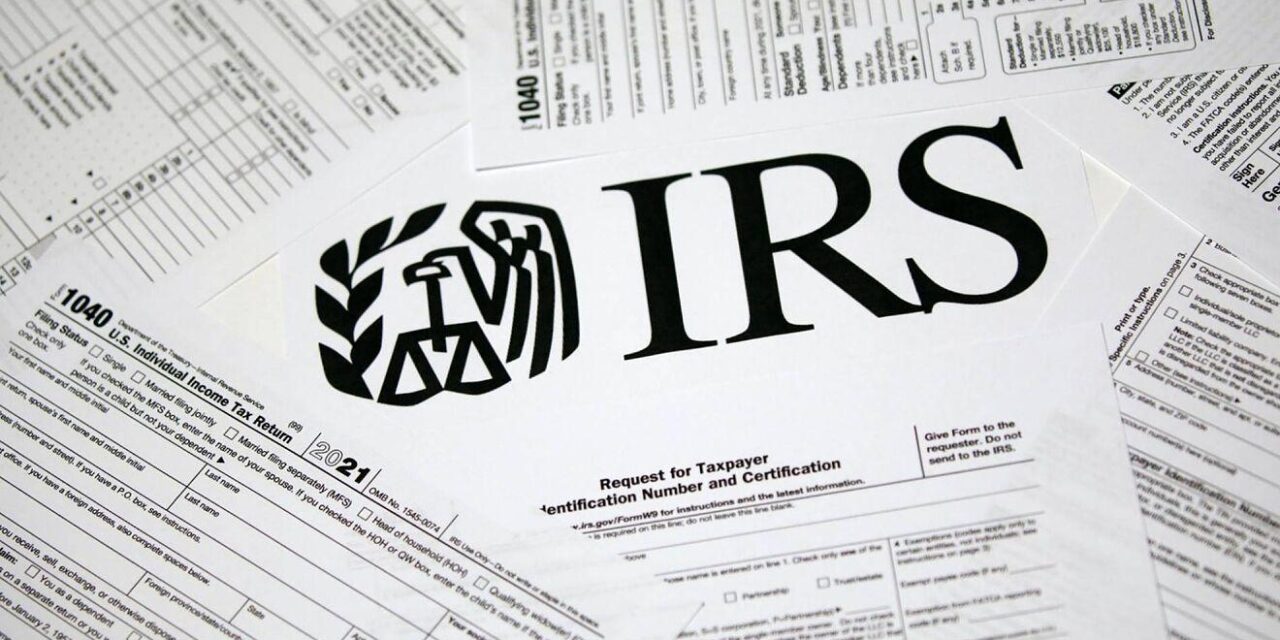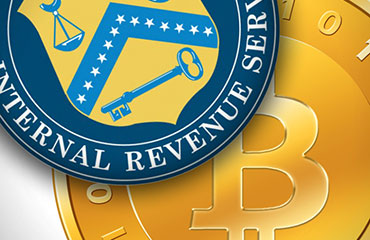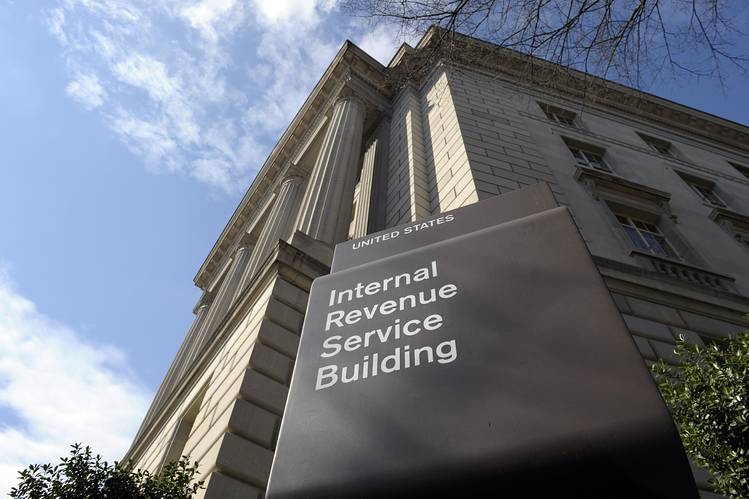If you are a U.S. citizen living abroad, you have the same rights and responsibilities when it comes to your expat tax debt as those stuck in America. The IRS has ever increasing powers to collect on that expat tax debt, so it is in your best interest to get into compliance and make arrangements to settle your IRS debt.
Maybe you read my post on the new Offshore Compliance Program, or you just decided it was time to come out of the shadows and file and settle your expat tax debt. Maybe you had a very profitable year, followed by two low income years, and don’t have the cash to pay off the IRS. This article is dedicated to you. Here is how you can get the IRS off your back.
Expat Tax Option 1: IRS Installment Agreement
If you owe money to the U.S. government, and have assets abroad, you can rest assured that the IRS will find a way to get to you. While this might scare some, I say it to entice you to come forward, file and delinquent tax returns, and make payment arrangements. Don’t make them chase you down. I guarantee that will only make matters worse.
Just like the U.S. resident, the expat with an IRS tax debt has a right to an installment agreement. Whether you owe $10,000, $25,000, or $100,000, you can set up a payment plan that will allow you to resolve your IRS debt over time.
If your expat tax debt is $20,000 or less, you can phone the IRS and ask to pay $500 to $1,000 per month. They will usually accept such an offer and no financial information will be required.
If you owe more than $20,000, setting up an installment agreement is more complex. You must complete IRS Forms 433-A and 433-B, which are detailed financial statements that describe your income, expenses and assets. You will also need to provide proof of your income and expenses, such as 6 months of bank statements, rental agreements, proof of an auto payment, etc. No, the government will not take your word for these items!
The key to resolving your expat tax debt is to produce an accurate financial statement that you and the IRS can live with. You will agree to pay what you can afford, and if the government finds your expenses reasonable, you will reach an accord. If you are able to pay off the debt within 24 months, the IRS will be lenient on your expenses. If you are not able to make substantial payments, they will be more aggressive.
And it is these allowed standard expenses which are typically the focus of contention in expat tax debt settlement cases. The IRS doesn’t want you living high on the hog while not paying your “fair” share.
For the U.S. resident, these allowed standards are set in stone. You can go to www.IRS.gov and search for “collection expense standards” to find national standards and local standards for housing and utilities. No such standards are defined for those with expat tax debts. The IRS negotiates your allowed housing and living expenses on a case by case basis. This means that much of the burden of proving what is reasonable falls on you.
Of course, this gives the U.S. expat a bit more room to negotiate. The IRS agent can accept just about any amount which he or she finds to be reasonable. So, if you will pay off the debt within a few years, and certainly well within the collection statute (more on this later), they can be more lenient with you. Their hands are tied when it comes to these standards and the U.S. resident.
Expat Tax Debt Option 2: Offer in Compromise
If you are not able to pay your expat tax debt over several years, and you don’t have assets (either in the U.S. or offshore), then you might be one of the very few who get an Offer in Compromise.
First, I would like to point out that much of the information available on the internet about the IRS Offer in Compromise program is false, misleading, or a scam. Most promoters promise you “pennies on the dollar” deals but they are very few and far between. Do your research and don’t fall for a scammer if you are considering an IRS Offer in Compromise. This goes double for the expat, whose case for an OIC is even more challenging than the U.S. resident’s.
Next, while you have a right to an installment agreement if you can’t afford to pay the bill in full, you have no right to an Offer in Compromise. An OIC is at the discretion of the IRS and depends on your situation and on the agent assigned to your case. About 25% of the OICs filed are accepted.
In order to qualify for an IRS OIC on your expat tax debt, you must prove to the IRS that:
1) There is some doubt as to whether the IRS can collect the expat tax debt in full – now or in the foreseeable future. This standard is called “doubt of collectibility.”
2) Due to “exceptional circumstance,” forcing you to pay your expat tax debt in full would be unfair, unreasonable, inequitable, or otherwise create an economic hardship.
Those of you who have followed my writings know that I was a U.S. tax attorney for over a dozen years. In that time, I never saw one OIC approved under exceptional circumstances. So, let’s talk about OICs based on doubt of collectibility.
First and foremost, doubt of collectibility DOES NOT mean that your assets are offshore and out of the reach of the IRS. The government is to treat OICs and installment agreement requests from expats the same as they treat filings from U.S. residents. They place no weight on the risks or expenses associated with collecting from an expat whose assets are secure.
Next, the expat has the same problem with the Offer in Compromise he did with the installment agreement: the allowed expense standards are not well defined. You and the agent might have very different ideas on what it takes to live safely and reasonably abroad.
While this lack of expense standards might be helpful in negotiating an installment agreement that will pay off your expat tax debt in a few years, they are a challenge in the IRS OIC program. The IRS doesn’t like to give expats (or anyone for that matter) what they consider a free ride. They might push down on your expenses to the point where an OIC is impossible.
If you can get past these issues, you have the same rights as the U.S. resident when it comes to the OIC. In order to apply for the program, you should first take a look at www.irs.treasury.gove/oic_pre_qualifier/ to determine whether you are a candidate for the IRS Offer in Compromise.
When you submit an OIC, you must make a good faith payment, and pay the user fee. The user fee is $150 and the good faith payment is 20% of your offer amount. So, if you are offering to settle your expat tax debt of $100,000 for $10,000, you pay $150 + $2,150.
Expat Tax Debt Option 3: 10 Year Collection Period
Often the best expat debt relief option is running out the clock. The IRS has 10 years to collect from you after you file your returns. If the Service doesn’t get to your assets within that time, you usually walk away free and clear.
- The clock starts when you file your return. If you never file, the collection clock never stars.
If your forms have been filed for a number of years, and you are now concerned that the IRS collection efforts might reach you abroad, I recommend an installment agreement. When you don’t have income or assets sufficient to pay in full, you can set up a partial pay installment agreement. You pay what you can afford, again, according to the allowed standards (whatever they might be), until the 10 year collection statute runs out.
If you are coming up on this 10 year statute, don’t file an Offer in Compromise. The OIC will put that collection statute on hold while the IRS considers your offer. If you are not successful, this wait, often 1.5 years, has been for nothing. You may be worse off because your ability to pay has increased in this time.
Rather than an OIC, apply for an installment agreement. Considering your rights to appeal, this can take several months. When it is done, you pay a few dollars each month and then walk away.
Expat Tax Debt Relief Option 4: Innocent Spouse Relief
If your spouse is running a business that you are not involved with, and you can prove to the satisfaction of the IRS that it would be unfair to tag you with the resulting tax debt, then you might qualify for Innocent Spouse Relief.
The most common example for expats is where one spouse is operating a business abroad and the other is living in the U.S. The expat runs up a big tax bill, you get a divorce, and the domestic spouse wants out from under the IRS. So long as you did not know about the debt, were not involved in running the business, and did not financially benefit from the untaxed money, you might be an innocent spouse.
In my experience, about 20% of these filings are successful. Basically, if your assets came from the business, the government will not let you go. If your assets came from your work, and not your “guilty” spouse, then you might have a chance of success.
If one spouse is living and working abroad, and the other is in the U.S., there is a much easier solution to this issue than an innocent spouse claim. It doesn’t require you to get a divorce and is guaranteed to improve your marital bliss. I believe this to be the best advice I have ever given expats where only one spouse is involved in the business:
File your U.S. returns as Married Filing Separate. Never file a joint tax return!
Yes, it will cost you a little extra each year, maybe $1,500, but it will keep the family unit together and protect the assets of the “innocent” spouse. No one likes to admit that there is risk in the new business they are so excited about, but a little planning can make a big difference if things go south.
Expat Tax Debt Considerations
If you have an expat tax debt, there are a few issues you should keep in mind. Among these, the most important is that you must be honest in your filings and report your foreign bank accounts each and every year. The IRS has painted a very large and bright target on the expats and has put over 100 of you away in the last couple of years to prove its point. While the average American might not end up in jail for an innocent error, it is a very real possibility for the U.S. citizen living and working abroad.
Owing the IRS is a civil matter and you have the advantage because your assets are out of the reach of the automated collection system. Don’t give up that advantage and turn a civil matter into a criminal case where the IRS is trying to hang a pelt on its wall to scare others in to compliance.
The next item unique to expats is that not all offshore banks are created equal. If your bank has a branch in the U.S., the IRS can issue a levy and reach your foreign account.
That’s right, if you are banking with HSBC in Columbia, the IRS can issue a levy to HSBC NY and empty your account in Columbia. Obviously, this puts you at a disadvantage when it comes to setting up an installment agreement or an Offer in Compromise.
The solution is simple: if you are an expat with an IRS tax debt, never use a bank with a branch in the United States.
You should also be aware that real estate and other assets in the U.K., France, and Canada are subject to seizure. The IRS has the right to take your property in these countries and sell it at auction. No expensive or time consuming court action is required. Basically, the IRS has the same powers in these nations as it has at home.
Another area of concern for the expat with a tax debt is the Foreign Earned Income Exclusion. I won’t go in to detail on it here, but, suffice it to say that the FEIE allows you to eliminate up to $99,200 in salary from your U.S. return in 2014, and slightly lesser amounts in prior years. You will find a number of articles on this site on how to use the FEIE to reduce or eliminate your U.S. taxes if you are living abroad.
The expat tax debt collection issue with the FEIE is that, if you don’t file your U.S. returns, and you are audited, you can lose the FEIE. This could be a financial disaster for the American abroad.
Let’s say you are living in Columbia, making $80,000 as a website designer for a local firm or through your own offshore corporation. If you file your returns on time, you pay no U.S. tax because you qualify for the FEIE. If you don’t file, and you get caught, the FEIE could be gone and you owe about 35% of 80,000, or $28,000. Forget to file your returns for four years, and you could be looking at an expat tax debt of $112,000, all of which could have been avoided by filing on time.
What might happen if you don’t resolve your expat tax debt before the IRS catches up to you? Of course, the same rules apply: the IRS can attempt to levy your banks and income sources and seize any assets it can get its hands on. That’s standard fare, but there are a few issues unique to the expat.
As I have said before, your failure to file can become a criminal case, which is very rare for someone living in the U.S. It is also possible for offshore asset protection systems that are designed to keep money away from the IRS to become criminal cases.
Assuming you file on time, and don’t hide assets, then the IRS will have a tough time collecting from you… especially if your offshore bank doesn’t have a branch in the U.S.
One weapon in their arsenal is your U.S. passport. The United States can revoke your U.S. passport for significant delinquent tax payments, and they have been known to use this against those who don’t cooperate in an installment agreement process, especially after the Service has gone to the trouble of tracking you down. Without a passport, you will be forced to return to the U.S. to face the music.
Expats should also note that the IRS is opening branches “to serve you better” around the world. The most recent grand openings have been in Panama, Australia, and Hong Kong… with more to come. Agents from these offices can come in to your business, audit you at will, and have significant collection powers… and even more authority from intimidation.
If you are living abroad, and have an expat tax debt or other IRS issue, you should contact a firm experienced in these matters that understands the expat life and can negotiate with the Service on your behalf. The majority of the risks of being offshore can be eliminated if you participate in the process and file the necessary forms.
For more information on expat tax debt and collection matters, please give us a call or send an email to info@premieroffshore.com. As always, consultations are confidential.



















